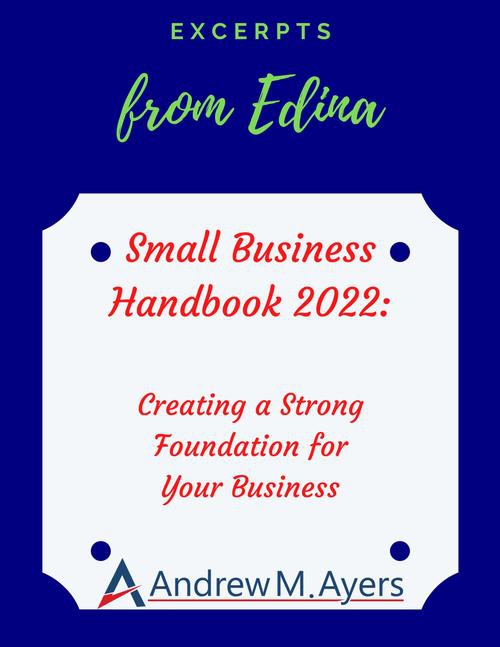 When you find yourself involved in a lawsuit for breach of contract, you will also often encounter other claims that are designed to protect the Plaintiff's case if the court that is hearing the lawsuit finds the contract isn't valid. Some of these other claims you may encounter include an account stated or a claim for quantum meruit and these are designed to save the lawsuit in case the court finds in favor of the other party on a summary judgment motion. For businesses that don't always use a long, formal contract for the work or services they perform these other claims can be extremely important to their lawsuit.
When you find yourself involved in a lawsuit for breach of contract, you will also often encounter other claims that are designed to protect the Plaintiff's case if the court that is hearing the lawsuit finds the contract isn't valid. Some of these other claims you may encounter include an account stated or a claim for quantum meruit and these are designed to save the lawsuit in case the court finds in favor of the other party on a summary judgment motion. For businesses that don't always use a long, formal contract for the work or services they perform these other claims can be extremely important to their lawsuit.
If you're involved in a breach of contract lawsuit, you'll commonly run into these claims, and there's another claim that often accompanies a claim for breach of contract, unjust enrichment. It's one of those legal terms that sounds more complicated than it really is, and it also gets commonly thrown around the courthouse by people who are representing themselves and think that every case involved unjust enrichment.
What is Unjust Enrichment?
Unjust enrichment refers to a situation where one party benefits from another party's loss without any legal justification. In other words, it occurs when someone receives something of value without paying for it or without a valid reason for not paying. The concept of unjust enrichment is based on the idea that it is unjust for a person to keep something that was obtained through no fault of their own or without a lawful claim.
Unjust enrichment is a common legal claim in lawsuits, especially in contract law and property law. For example, if a contractor performs work on a property and is not paid, they may bring a claim for unjust enrichment against the owner of the property. In this scenario, the contractor has provided a service to the owner and the owner has benefited from that service, but the contractor has not received payment. This constitutes unjust enrichment because the owner has received a benefit without paying for it.
How Do You Prove Unjust Enrichment?
When you approach any lawsuit, it's important to begin with understanding what elements you need to demonstrate. One of the common mistakes I encounter when litigating a claim for unjust enrichment is that the other party has not thought through all of the required elements when creating their pleadings (the complaint or counterclaim). Generally, in order to prove a claim for unjust enrichment, the plaintiff must show that:
- The defendant received a benefit
- The defendant did not pay for that benefit
- The defendant's retention of the benefit would be unjust
If the defendant can show that they received the benefit legally or that they had a valid reason for not paying, then the claim for unjust enrichment will fail. As with all claims in lawsuits, it's important that beyond the basic elements, you understand the way your courts interpret these elements and apply them to different cases.
Unjust enrichment is also related to the principle of "restitution," which is the process of returning something to its rightful owner. In cases of unjust enrichment, the court may order the defendant to make restitution to the plaintiff by paying for the benefit that they received. This remedy is meant to restore the balance of justice and prevent the defendant from unjustly profiting at the plaintiff's expense.
Unjust enrichment is a legal concept that aims to prevent individuals from profiting at the expense of others. If someone receives a benefit without paying for it or without a valid reason for not paying, they may be held liable for unjust enrichment. The remedy for unjust enrichment is typically an order to make restitution to the person who suffered the loss.
Do I Need a Business Attorney?
If you or your business needs help with an unjust enrichment claim, it's important that you talk to a business attorney. Let's schedule a Legal Strategy Session online or by calling my Edina, Minnesota office at (612) 294-6982 or my New York City office at (646) 847-3560. My office will be happy to find a convenient time for us to have a phone call to review the best options and next steps for you and your business.



